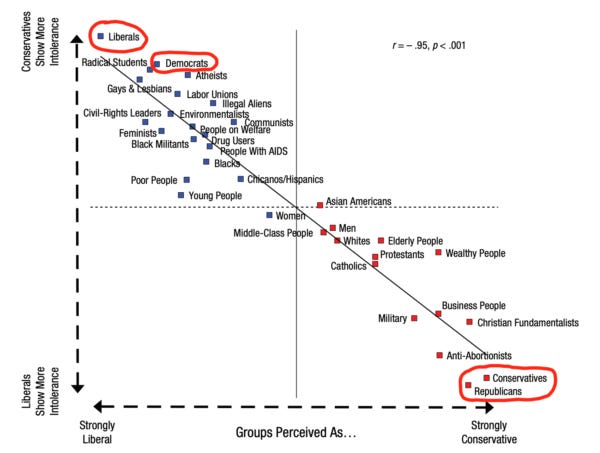Greetings! I took almost a month off of this newsletter. I’ve been brainstorming how to think about this newsletter, including turning it into a paid newsletter - if you have any thoughts, hit reply and let me know. Scenes from Taiwan in December:

📩 Enjoy receiving this e-mail? Forward this to a friend who likes reading good stuff via e-mail or share this on twitter.
✌ If you want to support the newsletter, you can become a supporter on Patreon or offer a one-time contribution here
🔥 New On Boundless: Learn the game, don't become the game and Podcast: Diania Merriam on Reclaiming The American Dream
#1 Hyper-realities
Good read From Renee DiResta on the modern state of sensemaking, the media, reality tunnels and the “fifth estate”:
Luther and the Vatican also clashed over the Truth, but today’s information ecosystem dynamics differ in scale, scope, and speed. Unlike the residents of Luther’s Wittenberg, readers today aren’t just contending with divergent pamphlets. They’re contending with a deluge of hyperpartisan content, tailored precisely to preexisting beliefs, compounded by nearly-instantaneous viral social media transmission and a news cycle that lasts less than a day. This portends a societal transformation: our information ecosystem no longer assists us in reaching consensus. In fact, it structurally discourages it, and instead facilitates a dissensus of bespoke pseudo-realities.
#2 Total Work
I really enjoyed Andrew Taggart’s latest (and evolving) version of his ideas around total work, which seem to be connecting with a lot of what John Vervaeke is discussing in his “meaning crisis” series:
#3 Masculinity
I thought this deep dive on the modern challenge of growing up male in today’s culture was fair and provocative. It definitely resonated with a lot of what I experienced growing up, though it seems our generation didn’t have the meta-awareness of what was really happening as some might today.
Despite that, according to Judy Y. Chu, a human-biology lecturer at Stanford who conducted a study of boys from pre-K through first grade, little boys have a keen understanding of emotions and a desire for close relationships. But by age 5 or 6, they’ve learned to knock that stuff off, at least in public: to disconnect from feelings of weakness, reject friendships with girls (or take them underground, outside of school), and become more hierarchical in their behavior.
#4 From the author of Prozac Nation
A beautiful essay from Elizabeth Wurtzel who recently passed away from breast cancer reflecting on her life and journey in 2013.
#5 Polarization

Tim Urban goes deep in his 10th of 12 essays on the modern culture wars and fragmentation in the US.
💙 Thanks for reading. If you enjoyed this, feel free to forward this to a friend who likes reading good stuff via e-mail or share this on twitter.
📕 You can find my full book ratings & reviews (in process of updating this) here.
🙏 If you feel inclined to become a paying member of the community, you can become a supporter here.



